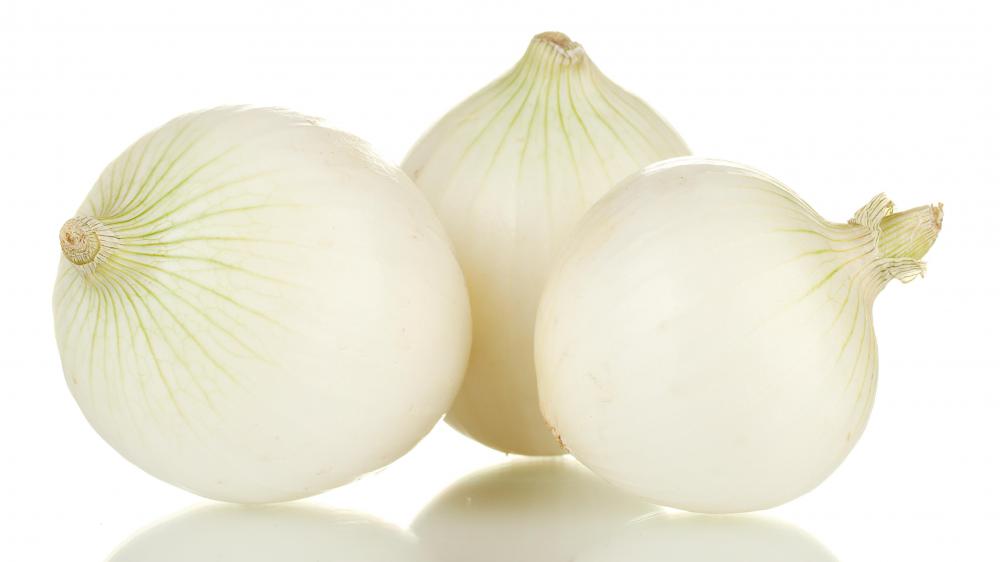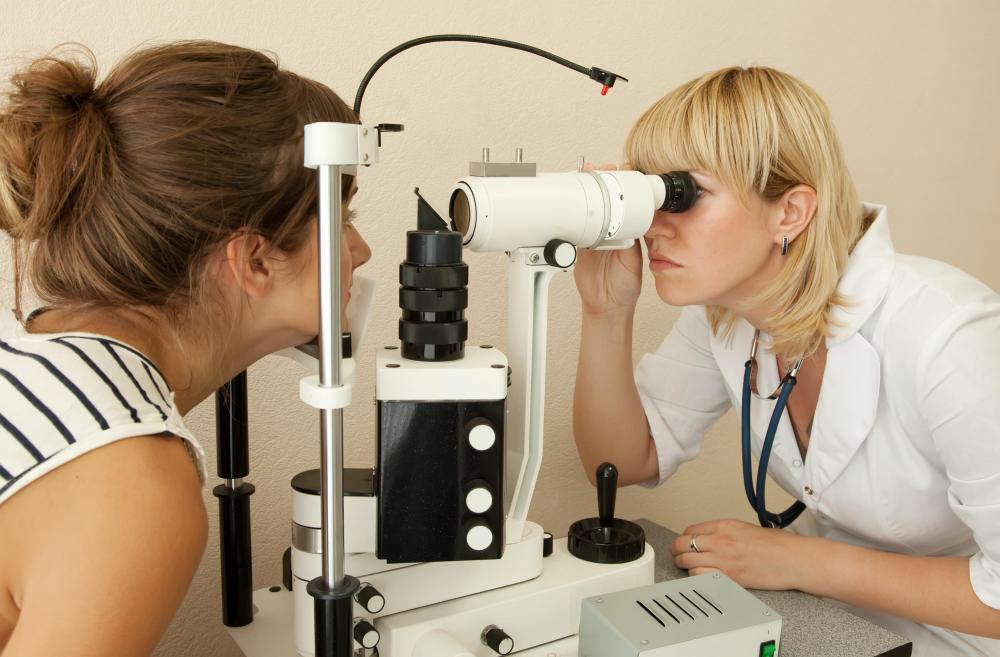At WiseGEEK, we're committed to delivering accurate, trustworthy information. Our expert-authored content is rigorously fact-checked and sourced from credible authorities. Discover how we uphold the highest standards in providing you with reliable knowledge.
What is the Difference Between Hypoglycemia and Hyperglycemia?
Hypoglycemia and hyperglycemia are both conditions involving abnormal levels of blood sugar. In the case of hypoglycemia, the blood sugar is too low, while a patient with hyperglycemia has blood sugar that is too high. Generally, levels over 180 milligrams/decaliter are considered hyperglycemic, while a patient with a blood glucose measurement below 70 milligrams/decaliter is in the early stages of hypoglycemia. Variations in blood sugar levels can lead to a cascading series of complications for the patient.
In both hypoglycemia and hyperglycemia, as soon as the condition is identified, treatment focuses on stabilizing the blood sugar level. Once levels are normal, exploration into the causes of the abnormal blood sugar levels can begin, with the goal of preventing future episodes. Patients with conditions putting them at risk of hypoglycemia and hyperglycemia may be monitored especially closely for early warning signs of blood sugar abnormalities.

One of the most notorious causes of high blood sugar is diabetes, although patients can also become hyperglycemic as a result of certain medications, high stress, or illness. Hypoglycemia is most commonly caused by dietary factors like inadequate nutrition, and it can also be linked with various diseases and metabolism disorders. Hypoglycemia and hyperglycemia tend to cause symptoms like dizziness, fainting, and confusion, and patients may collapse if their blood sugar levels get too high or low.

A simple blood test can be used to check blood glucose levels in a patient with a suspected problem. Corrective measures can be taken to slowly adjust blood glucose, with the goal of preventing a see-saw effect, where the patient's blood sugar drops abnormally low or rises abnormally high after treatment. The stabilized patient can be thoroughly evaluated if the underlying cause of the hypoglycemia or hyperglycemia is not apparent.

Patients with chronic illnesses known to cause abnormalities in blood sugar levels are usually advised to monitor their diseases closely and to take steps to correct their blood sugar if the levels start to skew. If a patient experiences repeated episodes of blood sugar problems, it can be a sign the disease is poorly controlled, and the patient needs to see a doctor to adjust the treatment plan and address the blood sugar problems. Poorly controlled diseases like diabetes don't just cause changes in blood glucose levels; they can also lead to a number of complications throughout the body, including organ damage, impaired circulation, and damage to the eyes. It is important to receive adequate treatment for the causes of hypoglycemia and hyperglycemia, as blood sugar changes are only one symptom of the disease.
AS FEATURED ON:
AS FEATURED ON:















Discussion Comments
what are the effects of hypoglycemia and hyperglycemia on blood pressure?
Post your comments